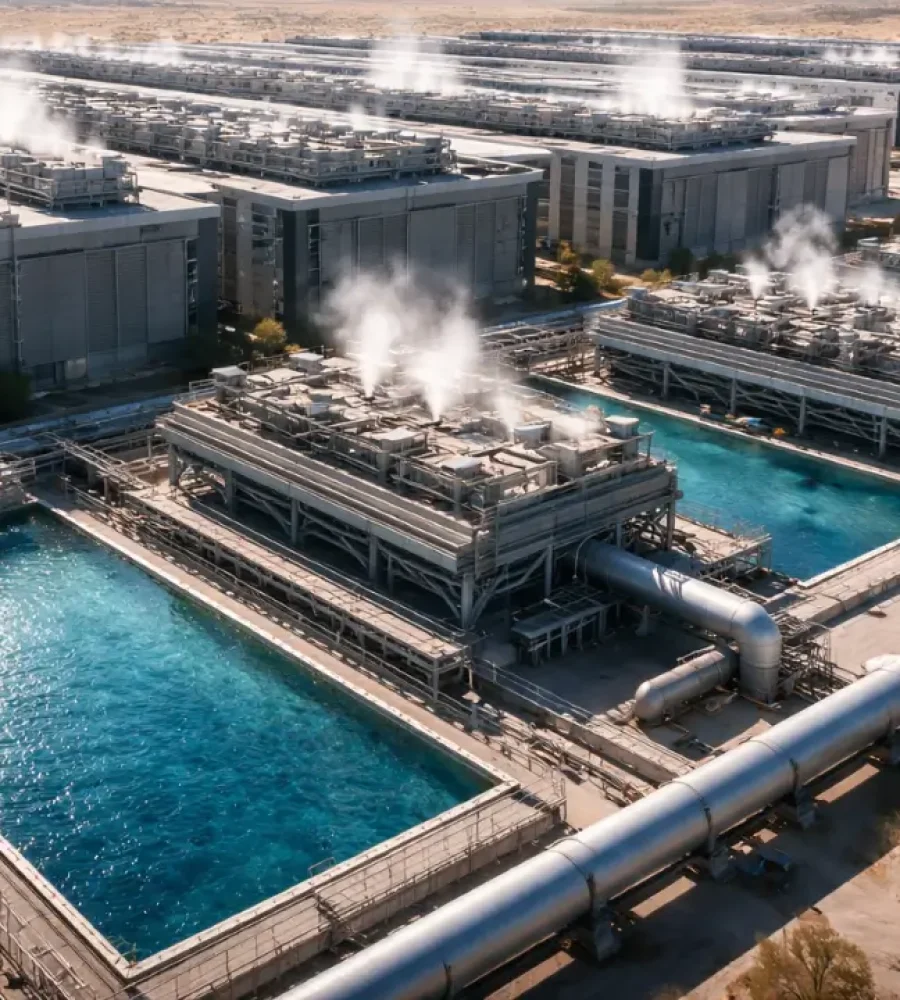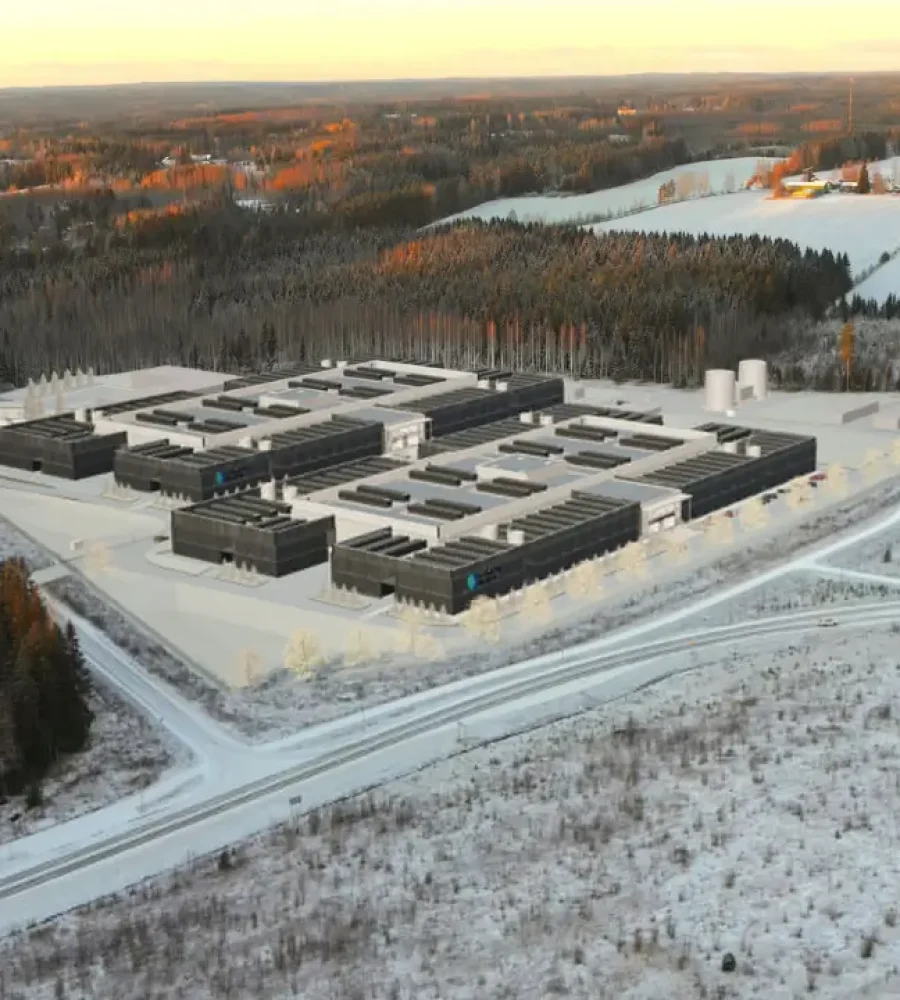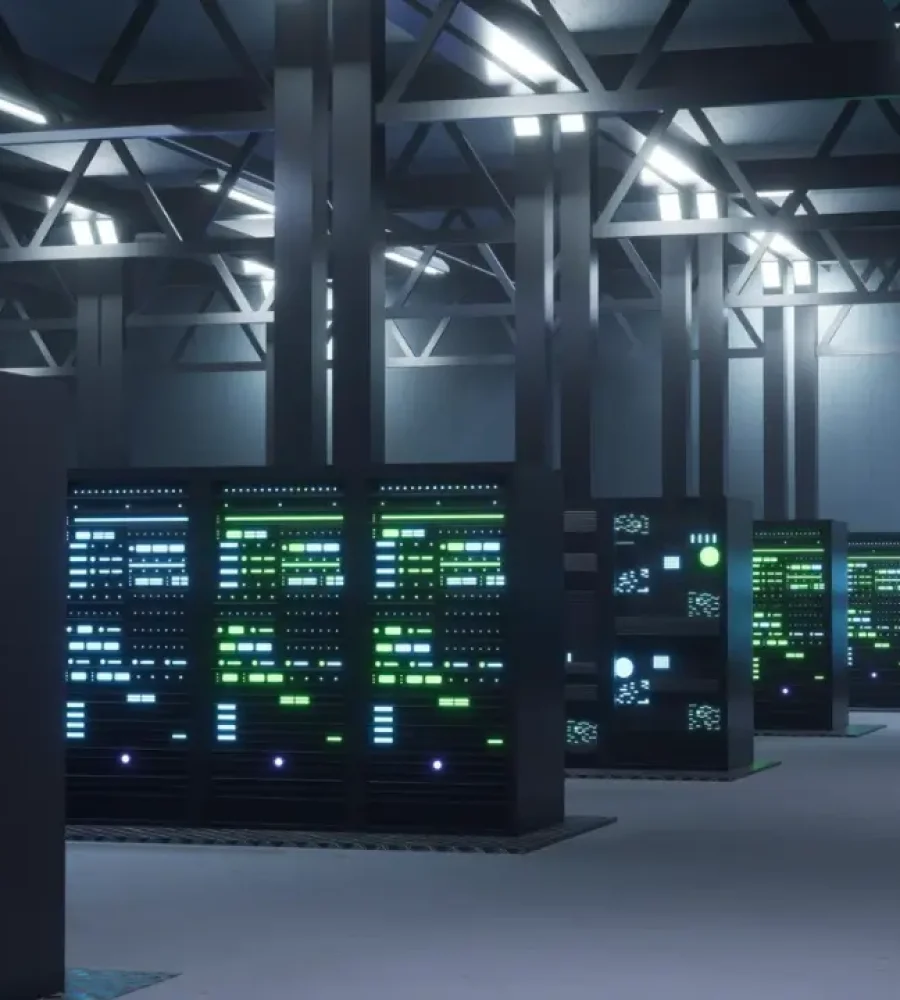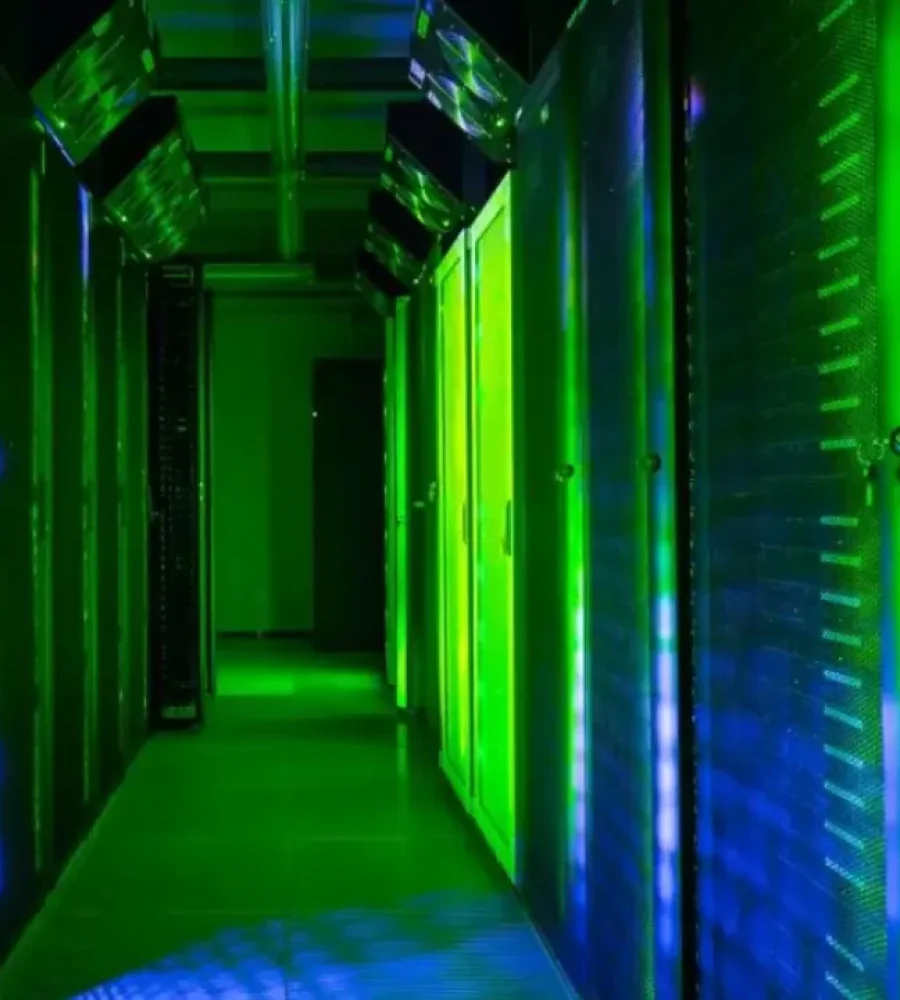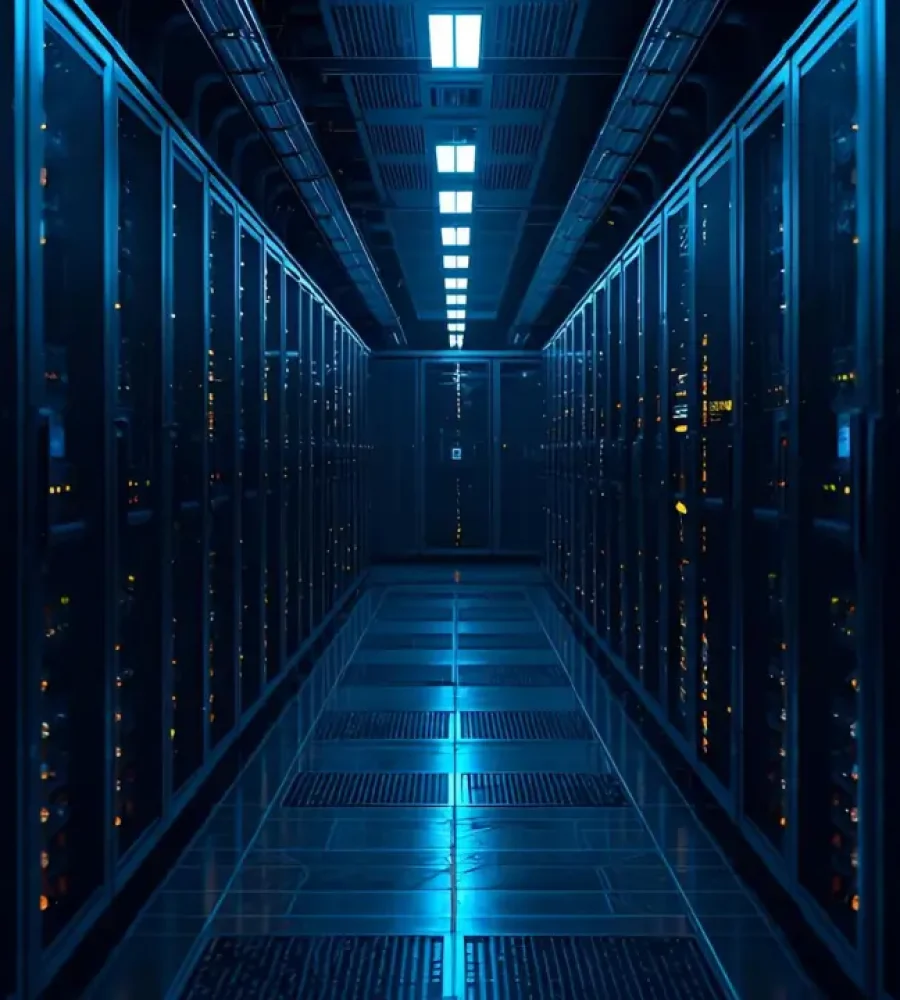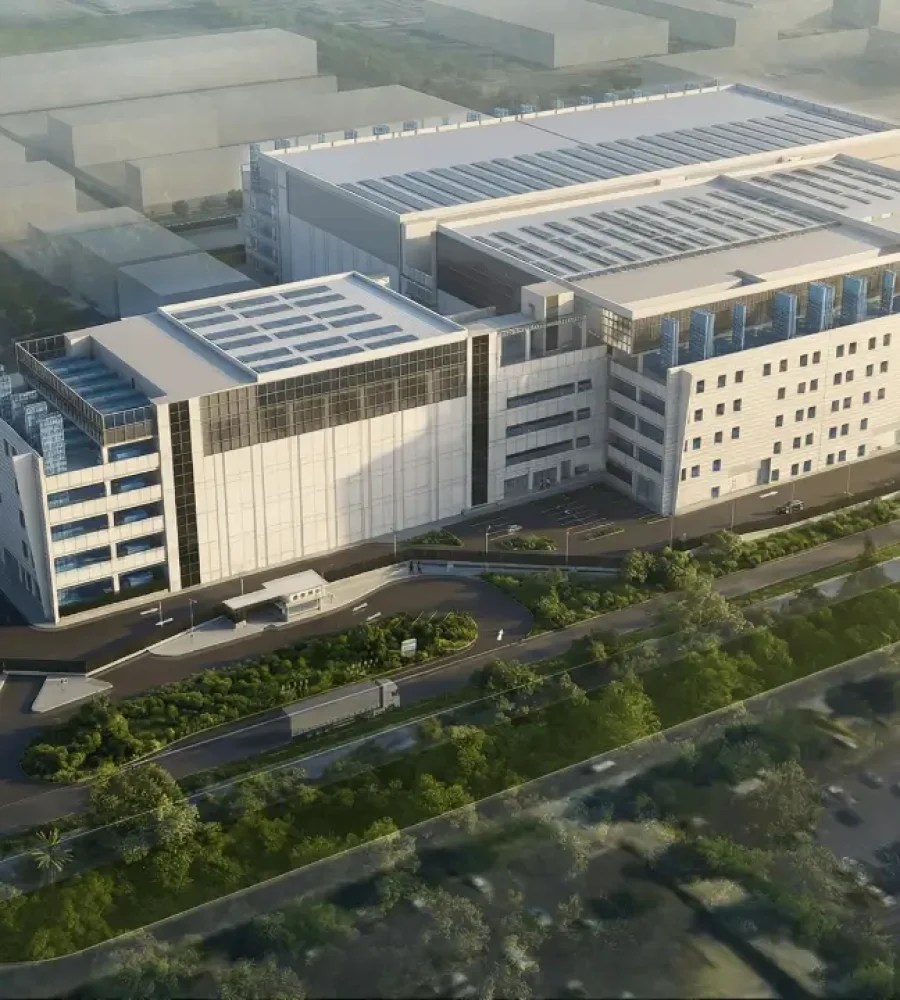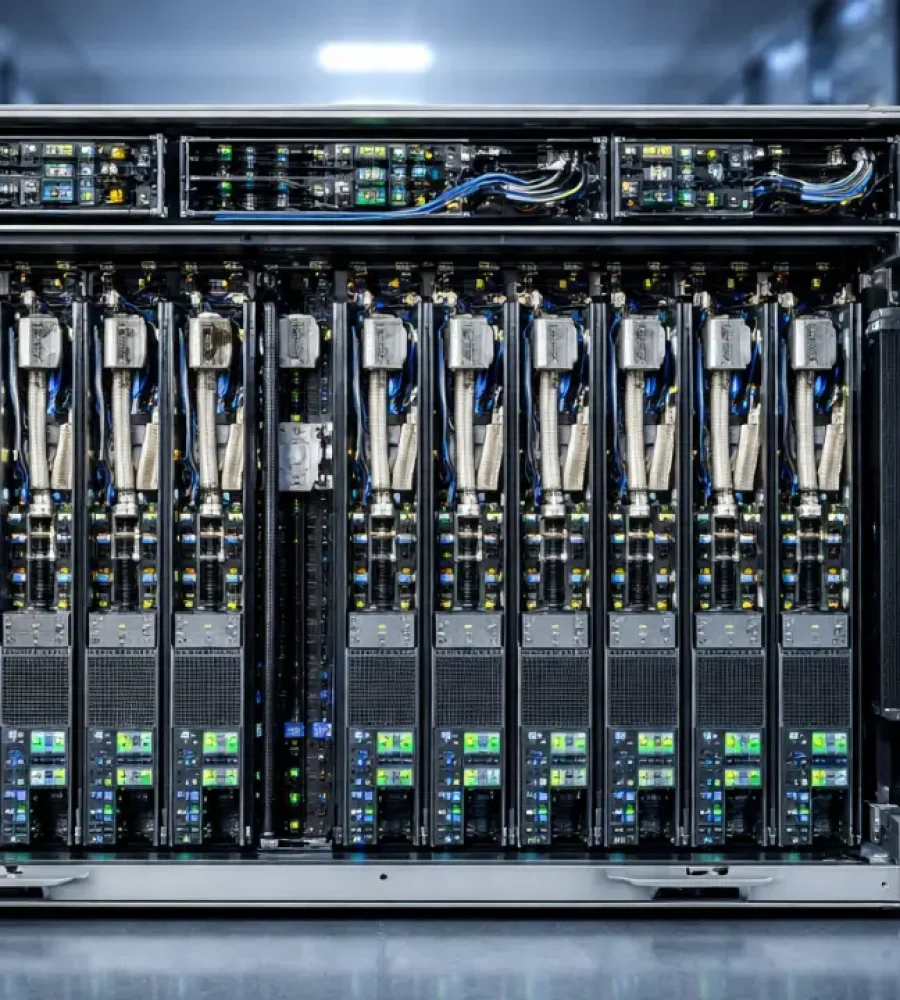After key appearances at London Tech Week and VivaTech’s GTC Paris, NVIDIA CEO Jensen Huang touched down in Germany for a high-level meeting with Chancellor Friedrich Merz. On the agenda: forging new alliances to power what’s being called the world’s first industrial AI cloud.
The AI factory, to be built in Germany and run by Deutsche Telekom, aims to turbocharge Europe’s industrial leaders to accelerate manufacturing applications including design, engineering, simulation, digital twins and robotics.
“In the era of AI, every manufacturer needs two factories: one for making things, and one for creating the intelligence that powers them,” said Jensen Huang, founder and CEO of NVIDIA. “By building Europe’s first industrial AI infrastructure, we’re enabling the region’s leading industrial companies to advance simulation-first, AI-driven manufacturing.”
“Europe’s technological future needs a sprint, not a stroll,” said Timotheus Höttges, CEO of Deutsche Telekom AG. “We must seize the opportunities of artificial intelligence now, revolutionize our industry and secure a leading position in the global technology competition. Our economic success depends on quick decisions and collaborative innovations.”
This landmark AI deployment represents a pivotal step in Germany’s journey toward its own sovereign AI infrastructure, laying the foundation for widespread AI integration across its industrial landscape. In its initial phase, the facility will be equipped with 10,000 NVIDIA Blackwell GPUs, including NVIDIA DGX B200 systems and NVIDIA RTX PRO Servers, supported by NVIDIA’s advanced networking and AI software stack.
Among the early adopters is NEURA Robotics, a German leader in cognitive robotics and physical AI. The company will leverage this infrastructure to enhance its cutting-edge training centers, where cognitive robots learn through complex simulations and real-time interaction.
“Physical AI is the electricity of the future — it will power every machine on the planet,” said David Reger, founder and CEO of NEURA Robotics. “Through this initiative, we’re helping build the sovereign infrastructure Europe needs to lead in intelligent robotics and stay in control of its future.”
A recent Deloitte study underscores what’s becoming increasingly clear: AI technology and expanded data center capacity are key to Germany’s future competitiveness. This is strategically important because demand for data center capacity is expected to triple over the next five years to 5 gigawatts.
Deutsche Telekom will operate the AI factory and provide AI cloud computing resources to Europe’s industrial ecosystem. Customers will be able to run NVIDIA CUDA-X libraries, as well as NVIDIA RTX- and Omniverse-accelerated workloads from leading software providers such as Siemens, Ansys, Cadence and Rescale. The benefits go far beyond industry giants, from Germany’s small- and medium-sized enterprises to academic institutions, research bodies, and large corporations.
NVIDIA notes that the industrial AI cloud will accelerate AI development and adoption from European manufacturers, driving simulation-first, AI-driven manufacturing practices and helping prepare for the country’s transition to AI gigafactories, the next step in Germany’s sovereign AI infrastructure journey. The AI gigafactory initiative is a 100,000 GPU-powered program backed by the European Union, Germany and partners.
Poised to go online in 2027, it’ll provide state-of-the-art AI infrastructure that gives enterprises, startups, researchers and universities access to accelerated computing through the establishment and expansion of high-performance computing centers.



